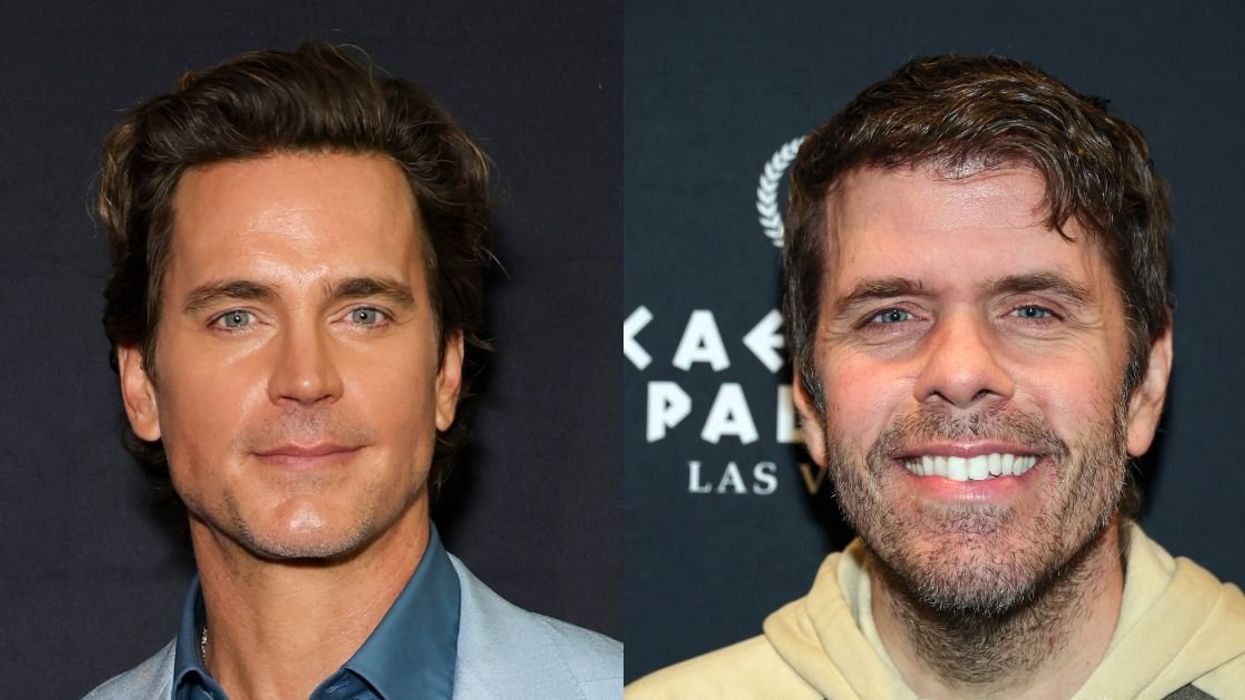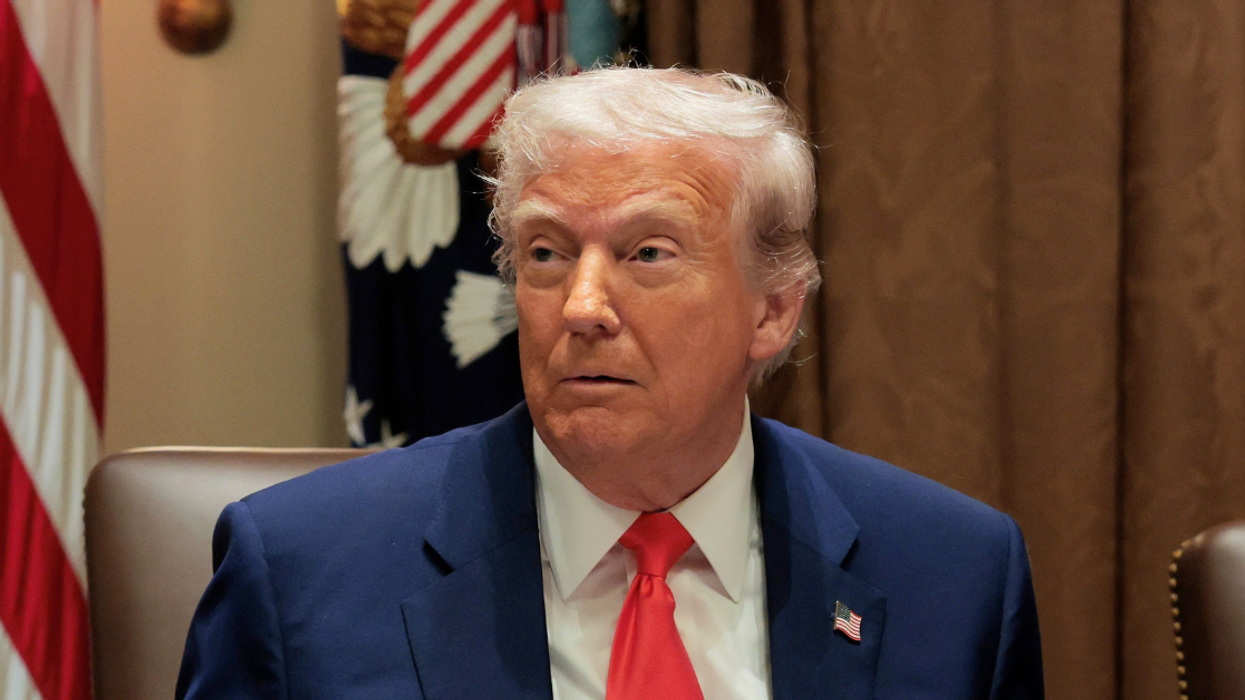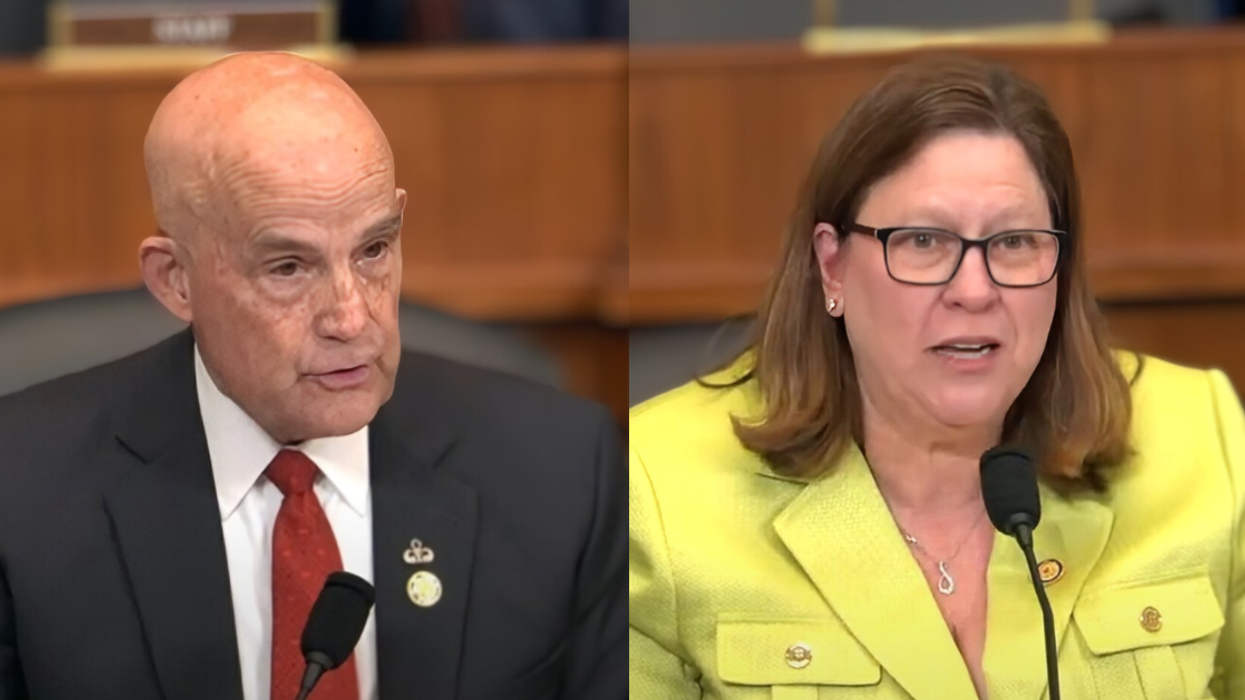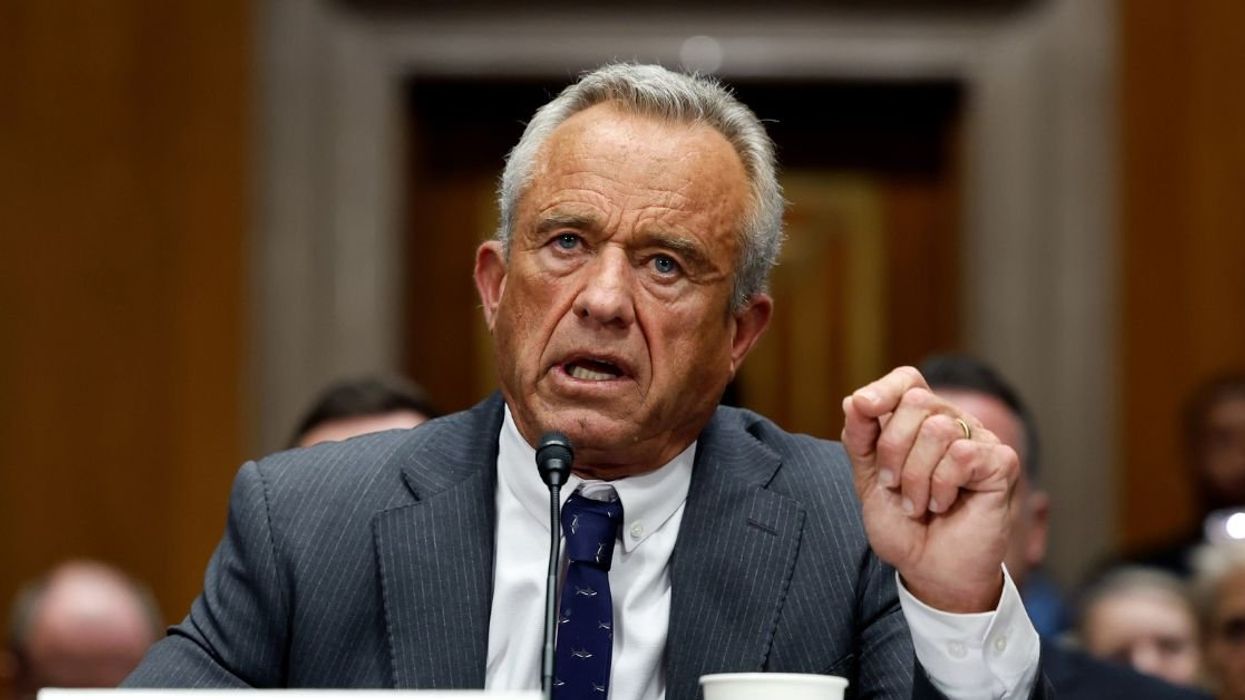Independent presidential candidate Robert F. Kennedy Jr. had social media users raising their eyebrows after a New York Times report revealed he'd said in a 2012 deposition that doctors believed a parasite "got into my brain and ate a portion of it and then died."
In 2010, Kennedy faced a concerning health crisis characterized by significant memory loss and mental fogginess. These symptoms raised alarm in a friend who worried that Kennedy might have a brain tumor.
Kennedy, seeking clarity and reassurance, consulted several of the nation's leading neurologists, some of whom had previously treated his uncle, Democratic Senator Edward "Ted" Kennedy, who died the prior year of brain cancer.
Upon reviewing Kennedy's brain scans, several doctors observed a dark spot and concluded he indeed had a brain tumor. Given the diagnosis, Kennedy was quickly scheduled for surgery at Duke University Medical Center with the same surgeon who had previously operated on his uncle.
Shortly afterward, a doctor from NewYork-Presbyterian Hospital offered an alternative interpretation. Instead of a tumor, this doctor suggested that Kennedy's condition was the result of a dead parasite lodged in his brain.
Around the same time he discovered the parasite, Kennedy also learned he had mercury poisoning, likely from consuming fish with high levels of the toxic heavy metal. Mercury poisoning can lead to severe neurological problems, which Kennedy acknowledged during his deposition.
He said:
“I have cognitive problems, clearly. I have short-term memory loss, and I have longer-term memory loss that affects me.”
The news is particularly striking because Kennedy typically emphasizes his athleticism and relative youth as advantages over President Joe Biden and former President Donald Trump, the two oldest individuals to ever run for the presidency.
To showcase his physical fitness, Kennedy has participated in activities such as skiing with a professional snowboarder and an Olympic gold medalist, who referred to him as a “ripper” for his speed down the slopes. Additionally, he was filmed shirtless while lifting weights at an outdoor gym in Venice Beach, Los Angeles, to demonstrate his strength.
Medical professionals who have experience with parasitic infections and mercury poisoning noted that both conditions can sometimes cause lasting damage to brain function, although patients may also experience temporary symptoms and achieve full recovery.
The admission from Kennedy—a known anti-vaxxer and conspiracy theorist—exposed him to considerable online mockery.
Kennedy shared more details, including information about the supposed parasite, in a phone interview with The New York Times as he prepared to appear on his first state ballot.
He revealed he underwent a series of tests and that over the course of several weeks, his scans showed no changes in the dark spot on his brain. Doctors eventually determined that the cyst observed on his scans contained the remains of a parasite. Kennedy was unsure of the specific type or how he contracted it, though he speculated it may have occurred during a trip through South Asia.
Kennedy has previously spoken about other health issues, including an irregular heartbeat, hepatitis C—which he contracted while using intravenous drugs when he was younger—and spasmodic dysphonia, a disorder that causes involuntary spasms in the larynx.
















